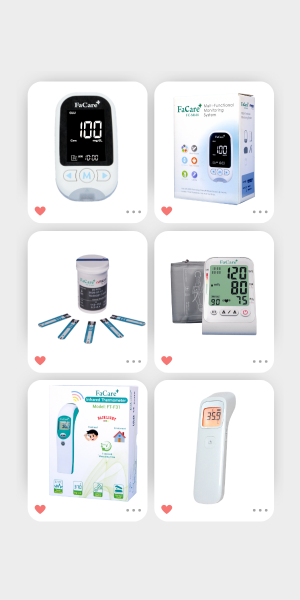Bệnh chàm và mụn trứng cá: Cái nào tốt hơn?

Da đỏ, bị viêm? WebMD sẽ cho bạn biết cách phân biệt đó là mụn trứng cá hay bệnh chàm.

Caregiver burnout is a state of physical, emotional, and mental exhaustion. It may go along with a change in attitude -- from positive and caring to negative and unconcerned. Burnout can happen when you don’t get the help you need, or if you try to do more than you’re able -- either physically or financially. Caregivers who are "burned out" may have fatigue, stress, anxiety, and depression. Many caregivers also feel guilty if they spend time on themselves rather than on their ill or elderly loved ones.
The symptoms of caregiver burnout are much like the symptoms of stress and depression. They may include:
Call 911 or the National Suicide Prevention Lifeline at 800-273-8255 if you think you might hurt yourself or anyone else.
If you are already experiencing stress and depression, get medical attention. These are treatable disorders.
Caregivers often are so busy caring for others that they tend to neglect themselves. Other things that can lead to caregiver burnout include:
Here are some steps you can take to help prevent caregiver burnout:
Accept your feelings. Having feelings such as frustration or anger about your responsibilities or the person you care for are normal. It doesn’t mean you’re a bad person or a bad caregiver.
If you are already experiencing stress and depression, get medical attention. Stress and depression are treatable disorders.
If you want to help prevent burnout, consider turning to the following resources:
SOURCE:
American Heart Association.
Next In Caregiving
Da đỏ, bị viêm? WebMD sẽ cho bạn biết cách phân biệt đó là mụn trứng cá hay bệnh chàm.
Viêm khớp không có nghĩa là chấm dứt đời sống tình dục của bạn. Sau đây là những mẹo từ WebMD để duy trì và làm sâu sắc thêm sự gần gũi trong tình dục - bất chấp tình trạng cứng khớp và hạn chế khả năng vận động.
CDC đã công bố các khuyến nghị cập nhật cho người lớn tuổi, nêu chi tiết những người nên tiêm vắc-xin phòng ngừa RSV. Động thái này diễn ra sau khi có những lo ngại vào đầu năm nay rằng mũi tiêm này có thể liên quan đến nguy cơ mắc một tình trạng hệ thần kinh hiếm gặp có tên là hội chứng Guillain-Barré.
Vắc-xin uốn ván là một bước quan trọng trong việc phòng ngừa bệnh uốn ván, gây ra các cơn co thắt đau đớn nghiêm trọng. Hiểu được ai nên tiêm vắc-xin và khi nào nên tiêm.
Tdap là vắc-xin kết hợp giúp bảo vệ chống lại ba bệnh do vi khuẩn có khả năng đe dọa tính mạng: uốn ván, bạch hầu và ho gà.
Những đột phá về công nghệ đang thay đ��i quá trình điều trị suy tim - nhưng vẫn còn nhiều nghi ngờ về số lượng người sẽ được hưởng lợi trong tương lai gần.
Các chuyên gia cho biết, việc cho con bú không được khuyến khích đối với phụ nữ nhiễm HIV ở Hoa Kỳ, nhưng các bác sĩ nên hỗ trợ những bệnh nhân chọn cách cho con bú nếu HIV của họ được ức chế bằng thuốc và thảo luận về các lựa chọn an toàn.
Chẩn đoán HIV sẽ thay đổi cuộc sống của bạn. Nó mang theo cả triệu chứng về thể chất và căng thẳng về mặt cảm xúc. Nhưng có những điều bạn có thể làm để kiểm soát tình trạng của mình, kiểm soát các triệu chứng và phát triển.
WebMD giải thích mối liên hệ giữa hội chứng ruột kích thích với chứng trầm cảm và lo âu.
Những người mắc hội chứng ruột kích thích thường cũng gặp phải các vấn đề sức khỏe khác. WebMD giải thích.


